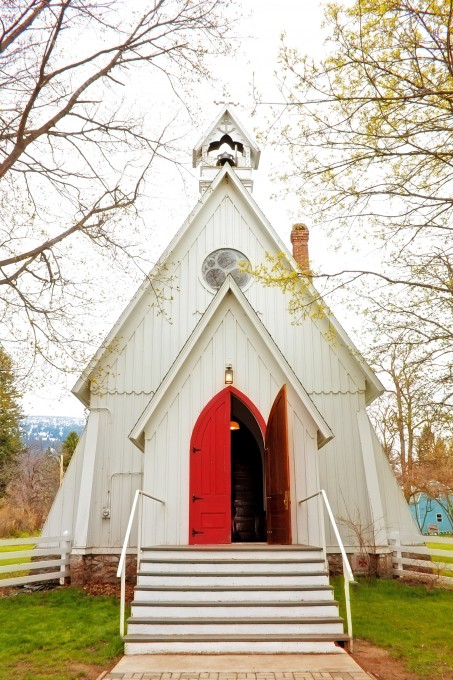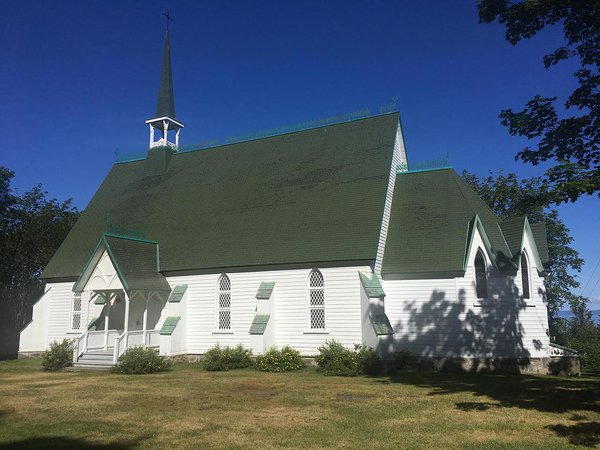Updated COVID-19 protocols (11 May 2022)
FROM: Bishop Bruce Myers
DATE: Wednesday 11 May 2022
RE: Updated COVID-19 protocols
As the COVID-19 situation has gradually improved across Quebec, the provincial government has been progressively easing most of its pandemic restrictions, including those which have applied to places of worship. Much is now being left to our own judgement about how to try and strike a balance between “learning to live with the virus” and creating conditions that are as safe and hospitable for everyone, including those still particularly vulnerable to COVID-19. What follows are updated guidelines for the churches of the Diocese of Quebec that seek that equilibrium.
MASKS: As of May 14, wearing a mask is no longer mandatory in most public spaces in Quebec, including places of worship. However, the wearing of masks in church is still recommended for vulnerable people and older adults. An individual’s choice about whether or not to wear a mask in church should be respected.
HOLY COMMUNION: Both bread and wine may once again be offered to the congregation at celebrations of holy communion. The wine is to be administered according to the following guidelines:
- The wine is to be offered in a metal chalice, with the person administering the chalice using a purificator to wipe the brim after each person drinks from it, and then rotating the chalice a quarter-turn before the next person receives the wine. Scientific research demonstrates that by following this age-old method, the risk of transmitting a virus by a shared chalice is extremely low. To date there is no documented evidence of disease transmission through the common cup.
- Intinction (communicants dipping the bread into the chalice) is highly unhygienic and is prohibited. Communicants who are uncomfortable with receiving wine from the common cup can be assured that the fullness of the sacrament of holy communion can be received in each of the elements of bread or wine, and so may receive communion in the form of the bready only. Similarly, someone who is gluten intolerant may also receive holy communion in the form of the wine only.
Those presiding at the eucharist may also resume their usual practices at the altar, including having a server and singing the eucharistic prayer. Presiders should always clean their hands immediately before the eucharistic prayer with the lavabo of water. Hand sanitizer may also be applied.
READERS/INTERCESSORS: Multiple individuals may now offer readings and prayers from the same lectern and/or microphone.
OFFERING PLATES: At the offertory, collection plates may be circulated as before.
SHARING THE PEACE: When exchanging the peace in the eucharistic liturgy, individuals should avoid physical contact. A small but reverent bow is one appropriate, non-physical way of sharing Christ’s peace with others present.
ONLINE HOME PRAYERS: Those who for whatever reason are unable to attend in-person worship can still join in online Home Prayers, which are available each Sunday afternoon at 4:00 p.m. Eastern time on the diocesan Facebook page (facebook.com/AnglicanQuebec).
VARIA: Other in-person worship practices that were temporarily suspended earlier in the pandemic—such as processions, the sharing of hymn books, prayer books, and service sheets—may also resume as before.
If you have any questions or concerns, please do not hesitate to be in touch with me or with Archdeacon Edward Simonton (esimonton@quebec.anglican.ca).





